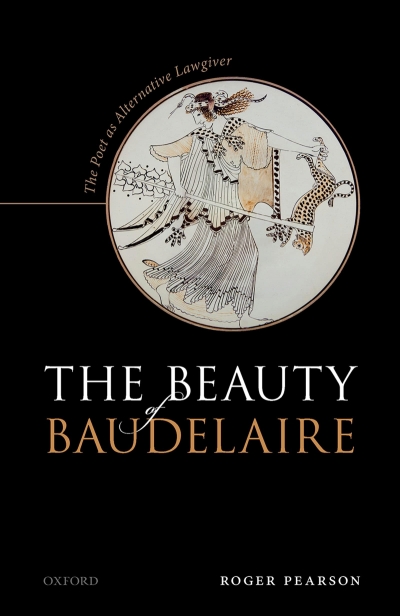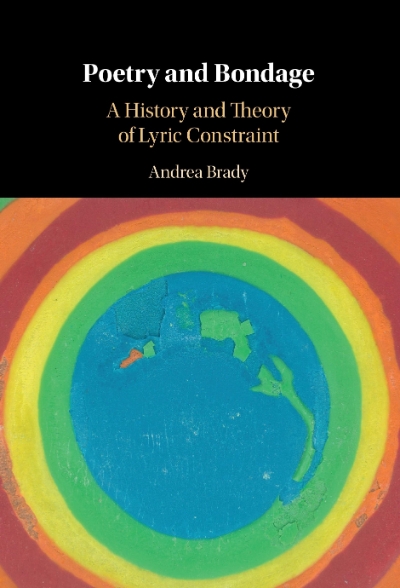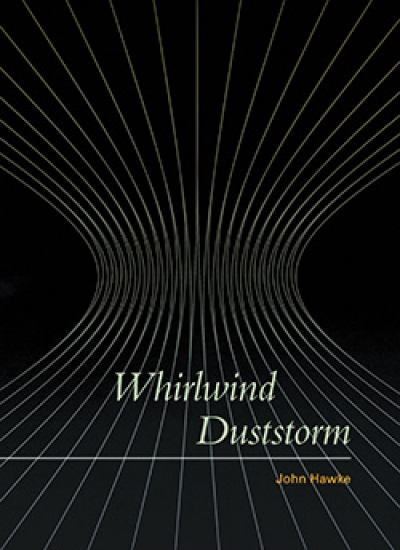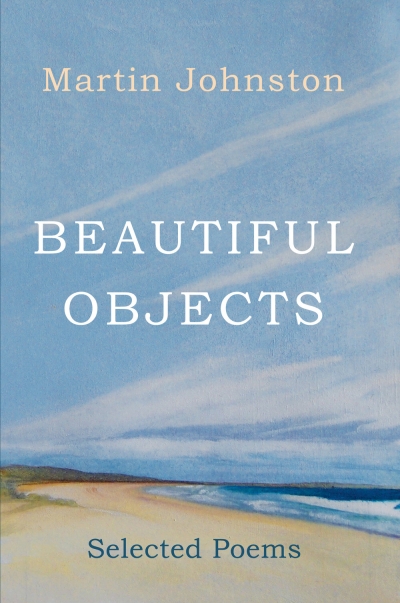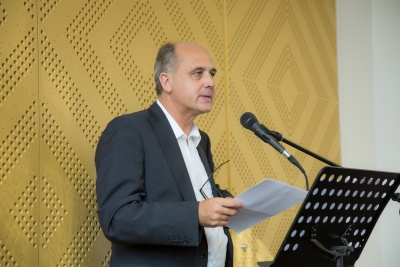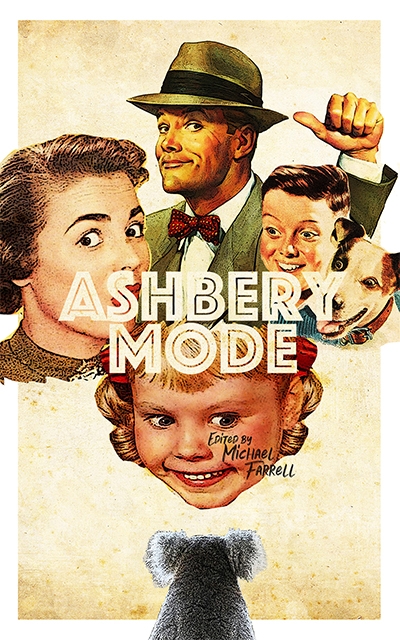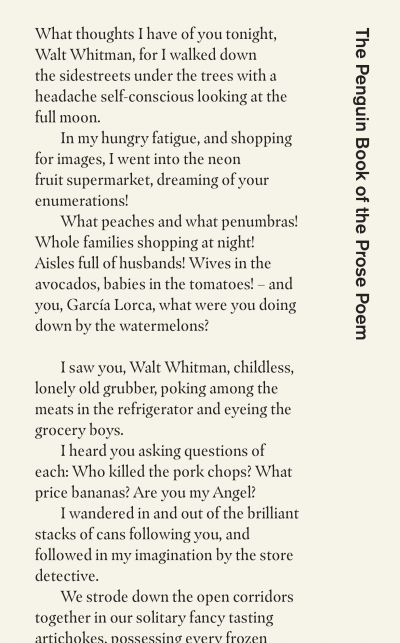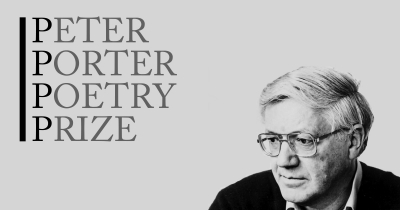John Hawke
'Circle of Fifths', a new poem by John Hawke
... (read more)The Beauty of Baudelaire: The poet as alternative lawgiver by Roger Pearson
by John Hawke •
Poetry and Bondage: A history and theory of lyric constraint by Andrea Brady
by John Hawke •
This is one of the times you won’t remember.
You are lying side by side with your father
as the radio murmurs, a ghost wind shifting
from magnet to magnet that does not ...
John Hawke – poet, academic, and poetry editor of ABR – chaired the judging panel for the 2020 Peter Porter Poetry Prize. At the Porter Prize ceremony held at the Boyd Community Hub on January 16, he addressed various themes in his opening remarks. Following readings of the five shortlisted poems, Morag Fraser then named A. Frances Johnson as the overall winner of the Porter Prize.
... (read more)
